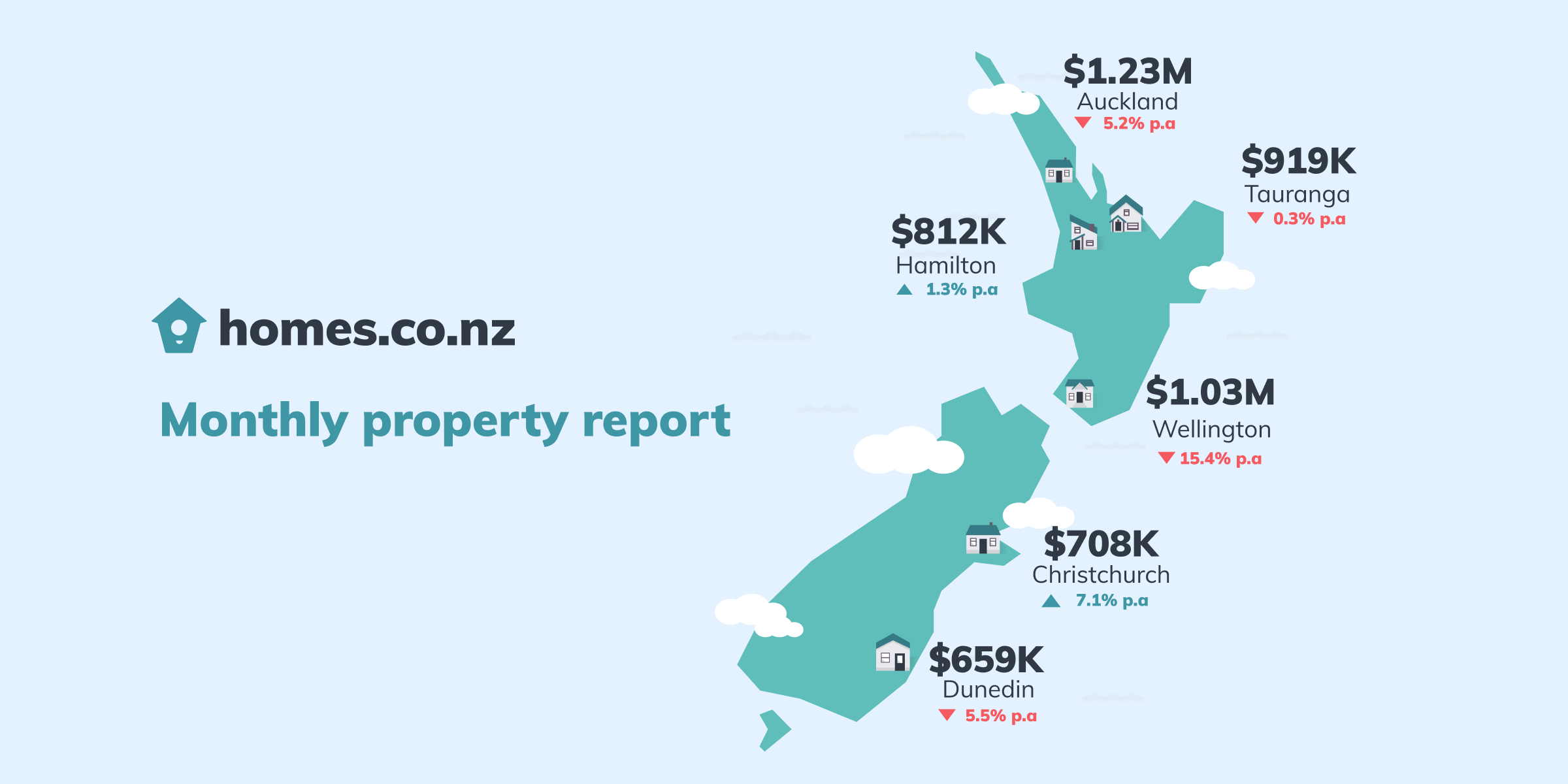Whether you prefer the snow, sun, or riverside rural bliss, owning a place where you can get away from it all is an attractive prospect. But buying a holiday property, whether it’s a bach at the beach or a backblocks bolt-hole, is every bit as complex as buying a home that you live in full-time. That means you need to do your homework first to avoid any hassles – and that you engage a lawyer to help you through the process.
Dig into the detail
When you’ve found a property you like, it’s essential that you and your lawyer look at all the relevant legal documents. Ask your lawyer to check over the legal title and any information that the council has about the property, as recorded on the LIM. A title search will reveal any ‘invisible’ issues relating to the boundary or access. You should also check with the council whether there are any proposed developments in the area that could have an impact on the property and the neighbourhood.
Get the property properly checked
It’s a good idea to get the property thoroughly checked by someone who can identify significant defects, future or urgent maintenance issues and problems caused by gradual deterioration. A coastal holiday property may have a few more maintenance issues than you might expect from a city townhouse. We recommend using a qualified and insured building inspector to do this work.
If you get a DIY guru friend in to have a look instead, ask them to look for structural problems, any evidence that the property is a leaky building, issues caused by deferred maintenance (such as weatherboards rotting due to peeling paint) and areas where there is damp or mould. Simple things like aged electrical or water supply fixtures may also create headaches later on if not managed up front. Don’t forget to factor in costs for fixing any identified problems that may be significantly more involved to manage than town repairs and maintenance, as well as plan for long-term upkeep.
Assess the risks
Depending on where the property is, you also need to be hard-headed about the risk of natural hazards such as tsunami or coastal erosion. In 2017 a report commissioned by the Deep South National Science Challenge pointed out that nearly 44,000 homes in New Zealand are less than 1.5 metres above the current average spring high tide mark. With rising sea levels and the increasing likelihood of storm surges and king tides predicted, many of these properties are at serious risk of frequent inundation. This means some insurance companies are already raising premiums or excesses for properties that have been identified as high-risk or putting restrictions on what they will cover. It can be difficult to get finance approved if a property cannot be insured, so it pays to investigate this closely.
Be future-focused
If you get through all those steps and the property still looks like a good bet, think about the long-term. Are you thinking about using it to earn an income when you’re not in residence, such as renting it out or putting it on AirBnB or a similar platform? Be aware that some councils are tightening up restrictions on homeowners doing this, which could affect your plans and costs. Take a moment to think about security as well. Keeping a holiday home secure means thinking about what happens when you’re not there.


